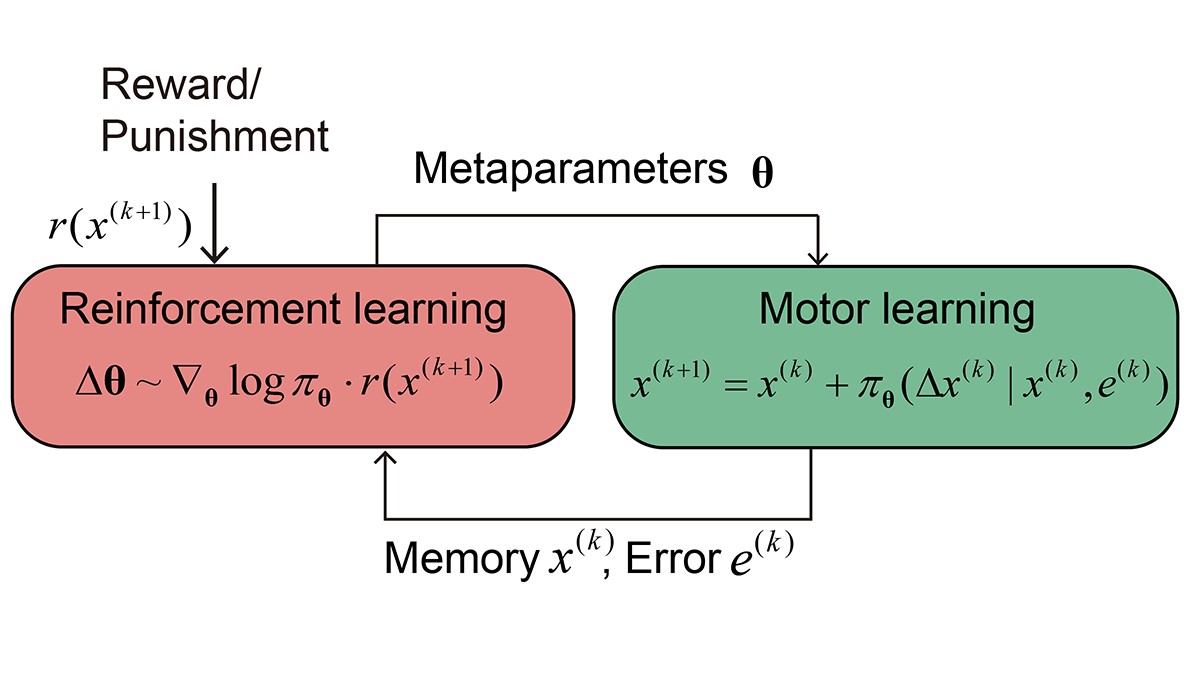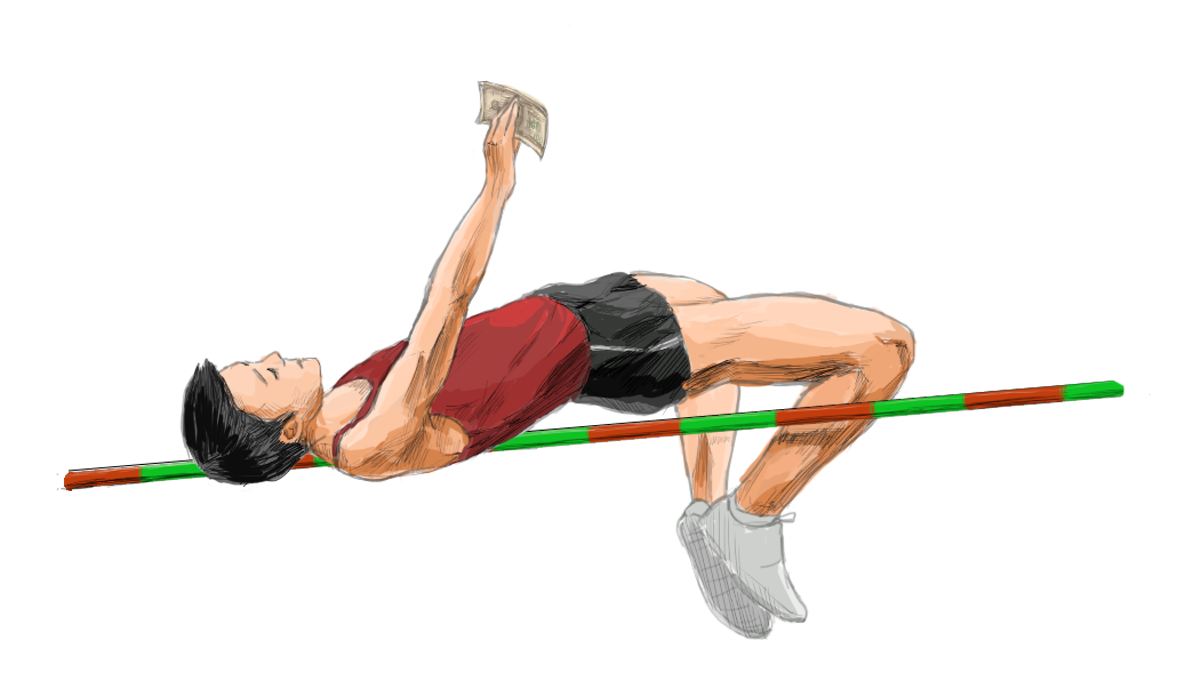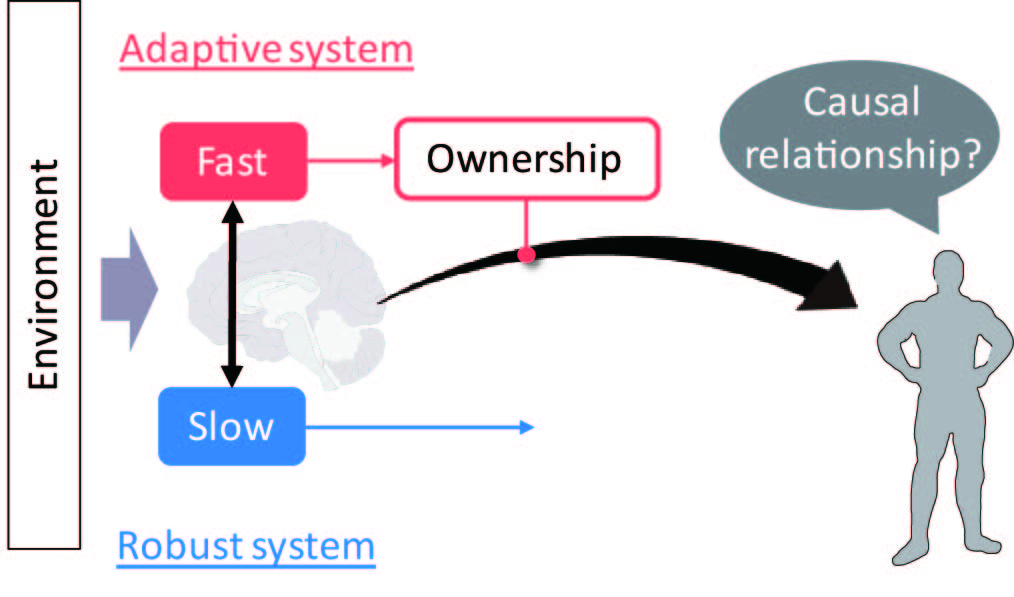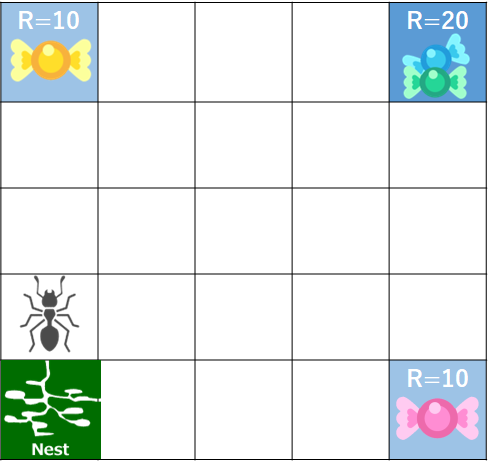As we approach seven decades since Norbert Wiener's introduction of cybernetics, we're seeing the continual evolution of our informational landscape. Modern advances in Virtual Reality (VR) are now influencing our self-identity and sense of physicality. Today's era demands rapid processing of information and adaptable behaviors. Within this evolving context, we're refocusing cybernetics to consider unconscious cognitive abilities like embodiment and their governing metacognitive functions. Our goal is to broaden our understanding of these processes, using this knowledge to enhance human abilities and apply them in neurorehabilitation technology.

Metacognition and Metalearning
Our ability to learn is not static, but improves with lifelong practice. In the realm of educational psychology, this process of learning-to-learn is often attributed to metacognition, where we monitor and control our learning. This has been a crucial factor in understanding explicit learning, like academic performance. Yet, when it comes to implicit learning, such as motor skills, the understanding remains unclear. It might appear contradictory to apply conscious control to an automatic process like motor learning. Despite this, the presence of flexible behavior in motor learning suggests some form of metacognition could be involved. We aim to theorize a minimal framework for this potential metacognitive process, drawing from the principles of reinforcement learning. By doing so, we can better explore the flexibility of motor learning in response to rewards and punishments.

Neuromotor Economics
Neuromotor economics, an extension of neuroeconomics to motor control, views our movements as a balance between cost minimization and reward maximization. In essence, our brains optimize our actions by calculating the most efficient use of muscles for maximum benefit, like the quickest path to a finish line or lifting the heaviest weight. This framework provides a vital understanding of how we learn and adjust our movements, serving as a basis for refining motor skills and enhancing physical abilities.

Motor memory as a quantum self
This project focuses on Shaun Gallagher's concept of the 'minimal self,' encompassing two key elements: 'self-agency,' the sensation of controlling our actions, and 'body ownership,' the perception that our body is ours. Existing studies present different theories on how these senses form. We tackle this puzzle through the lens of motor memory, investigating how changes in motor memories influence our feelings of self-agency and body ownership. Our work aims to shed light on the intricate relationship between self-consciousness and neurophysiological dynamics. This exploration enhances our understanding of self-consciousness in motor learning and control, offering potential impacts on next-generation technologies like virtual reality.

Affective machine learning
We apply the human feeling of 'regret' to AI learning models. When humans realize a better choice could've been made, they feel regret, which guides future decisions. We mirror this in our AI, allowing past 'regret' to steer future choices. This 'emotion' in AI aids adaptability, diversifies behavior, and refines learning strategies. Through Affective Machine Learning, we aim to create AI systems that learn more like humans, improving efficiency.

De novo learning
Learning new motor skills involves overcoming our body's inherent redundancy, essentially finding the best among many possible movements. This is especially crucial in de novo learning, where we encounter a new task or environment. Motor exploration, trying various movements, plays a key role. We study that broad motor exploration can efficiently aid in learning the best movement strategy. This sheds light on the vital role of motor exploration in motor learning.

Pain management in Virtual Reality
Pain is a subjective experience shaped by sensory integration. Here, a virtual reality (VR) paradigm was used to examine how visual threats influence pain perception. Participants plunged a virtual knife into a virtual body while receiving noxious stimulation on their physical body. When the visual threat vanished abruptly and noxious heat was delayed, pain perception increased, likely due to a mismatch between visual and noxious inputs. Computational modeling attributes this hyperalgesia to intensified prediction errors, known as “Bayesian surprise,” reflecting how multimodal information shapes pain perception.